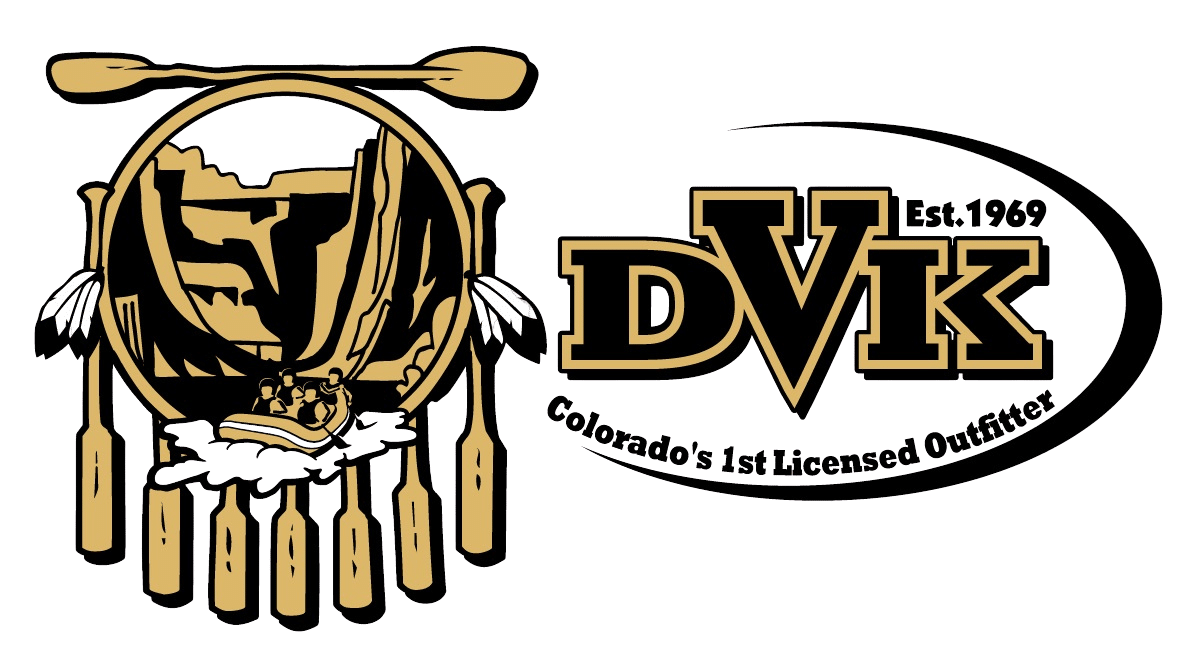When we pulled ashore on my first day of raft guide training on the North Platte, I was assigned the task
of helping set up for lunch. There were Oreo cookies for dessert, the kind that come in a container with
an easy-open, resealable flap on top. The packaging explained, in writing just slightly smaller than the
word “Oreos”, how to properly open it for maximum efficiency and convenience. Me, I just tore open
one end of the bag, never bothering to read the instructions. Later, Bill noticed the no-longer-
convenient, no-longer-resealable (although now very easy-to-open) package of cookies, and I overheard
him telling Anicka, head guide that year, in a tone of resigned exasperation, “Whoever did that is
definitely raft guide material.”
I was at a point in my life where I had no other prospects for employment, so that trip I was determined
to make a good impression on what I hoped would be my future bosses. But on day one I had failed to
distinguish myself as a natural whitewater guide and was not feeling especially optimistic about my
chances. When we pulled into camp that afternoon, I was all prepared to make up for my deficits on the
river with my eagerness and hard work off it, so it was with a heavy heart that I discovered, as we set
about unloading the boats, that I was going to need the groover (port-a-pot) – pronto.
And, subsequently, that it was unavailable.
Hiding nervously behind an inconspicuous bush, I burned with resentment toward my fellow trainees as
they and their healthy young digestive tracts went about the work of setting up camp, wondering aloud,
all the while (or so it seemed), where I might have disappeared to and why I was not pitching in and
lending a hand. I imagined the person I had once considered my future employer wondering the same
thing. Yes, as I squatted there behind that bush, far from the comforts of home (toilet paper, for
example) I was gradually forced to come to terms with the fact that my dreams of becoming a raft guide
were as unlikely to make it off that river as my underpants.
At last, the day was done. It was bitterly cold, and snow was in the forecast. Bill told us to sleep with our
wetsuits underneath our inflatable mattresses so they would not freeze and be too stiff to put on in the
morning. It was with relief bordering on ecstasy that I at last crawled into my shared tent, alongside the
trainee to whom I had been assigned, and zipped the flap closed. As I gratefully pulled my sleeping bag
close around me and prepared to let sleep knit up the raveled sleeve of care, I wished my tent-mate
good night. He replied sheepishly, in a muffled whisper: “I feel I should warn you that I’ve been known
to be violent in my sleep.”
But no violence came to pass in the night, and the next day my belly was better, and the sun came out
and melted the snow, and my spirits rose. My fellow trainees and I learned to work together and
appreciate each other, and they all became my friends – some of the best I have ever had. Back at
Dvorak’s base at the end of the two weeks guide training, all of us were hired on, and I kept coming back
for the next four summers. Every year Dvorak’s held a 22-day summer camp for adolescents, called
Teenage Whitewater Skills Camp. Being reasonably sober and presentable, I was always put in charge of
wrangling the kids. I tried to get out of it every year, jealous that I was stuck babysitting while my friends
were getting experience guiding in highwater conditions. But here is the funny thing: looking back, now,
most of the moments I feel most proud of in my guiding career happened during the Skills Camp. Things
like coaxing the kids to the top of a mountain after they said they were too tired to make it; or coaching
a panicked camper to have another go at rolling his kayak when he was half-drowned and ready to give
up; or even just sitting around the campfire with the kids, observing as, by the end of the course, they
became a little stronger or wiser or more confident. Good times then was only the half of the
experience.
So many things I learned on the river that I still think about all the time and nearly every day:
When loading your boat, put the big stuff in first, and then fit the small stuff into whatever space
remains. Your life has limited space, too. If you load the inessential things first – a big house, gaudy
jewelry, expensive clothes – you may not have room for the really-important stuff, family, friends, ice
cream.
Keep looking downstream: if you give all your attention to a class III problem you may not see the class
IV hole it leads to until you are dropping into it.
And finally, have a little sympathy for someone having a bad day; first impressions, after all, can be
deceptive, and that trainee who at first appears to be a lazy, gold-bricking malingerer may, actually,
make a perfectly good raft guide – if you’d just hurry up and unload that ‘groover’, already.
Liam Francis Walsh worked for Dvorak’s Expeditions from 2006-2010. He is a father, an author of two
children’s books; Make a wish Henry Bear and Fish, and his many cartoons have been published in The
New Yorker, The Guardian, and Reader’s Digest. You can learn more about him at liamfranciswalsh.com.



